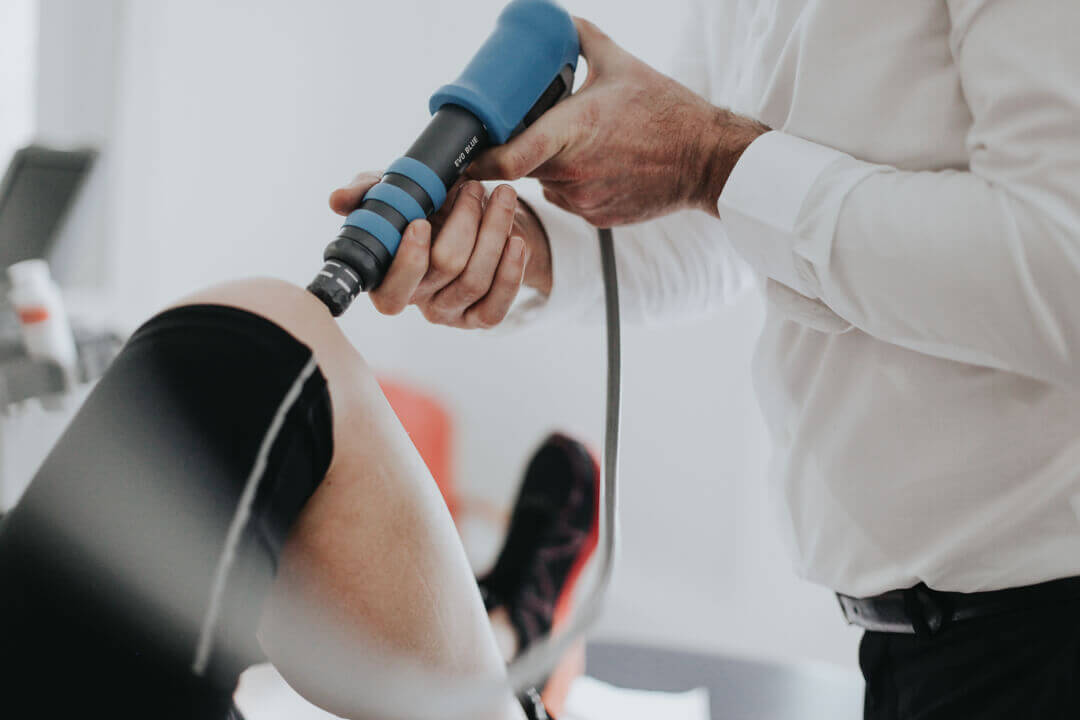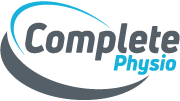Project Description
TENDON CLINIC
TENDON CLINIC
Tendon Pain
Complete Physio has gained an excellent reputation amongst patients and peers for providing a first class, highly specialised clinic for those suffering with tendon pain, particularly tendon pain which is not improving with conservative care. We treat elite and recreational athletes, from Professional footballers to Park Runners, but also those who lead a more sedentary lifestyle. We are trusted by world renowned orthopedic surgeons and sports medicine consultants to treat their patients.
We are the experts in tendon rehabilitation
Initially, we focus on gaining an accurate tissue diagnosis, and then utilise novel, cutting-edge treatments implementing the latest tendon research. We have extensive experience of treating a variety of tendon conditions and are dedicated to helping our clients achieve their goals. No two tendon problems are the same and so one treatment does not fit all. Your individualised treatment plan will vary according to your specific problem.
Initial Assessment
Your treatment is based on your initial diagnosis which involves three stages:
- History taking – your clinician will undertake a thorough history, identifying possible causes, risk factors and training error which might have caused the tendon problem.
- Clinical assessment – a detailed clinical assessment of the area involved will be carried out on the treatment couch. This includes palpation of the painful tendon, reviewing your joint range of motion, muscle strength and biomechanics.
- Functional assessment – this takes place off the treatment couch and includes assessing you carrying out a selection of functional movements such as a squat, lunge or hop for lower limb tendons or a press up or ‘lift’ for upper limb tendons. We may also assess your walking and/or running mechanics depending on your individual problem and goals.
- Diagnostic ultrasound – a diagnostic ultrasound scan may also be carried out or advised depending on the severity and complexity of your issue. Please note diagnostic ultrasound scans are only carried out by our clinical specialists (if you require a scan please make this clear at the time of booking). For a majority of tendon complaints, an ultrasound scan is the imaging modality of choice (superior to an MRI) because it visualises the internal structure of the tendon as well as the surrounding anatomical structures.
If you would like to discuss your tendon pain before booking or are not sure whether you should have a scan, please call 020 7482 3875 or email info@complete-physio.co.uk and one of our tendon specialists will contact you to discuss.
Type of tendon problems
The diagnosis of tendon complaints varies according to the anatomy of the tendon.
1. Tendinopathy:
Tendinopathy is caused by the “degeneration” of the tendon fibres which is associated with significant pain, tenderness to touch, swelling of the tendon and a notable reduction in the tendon’s tolerance to activity.
If you have been diagnosed with a tendinopathy but are not improving, then you may have a tear. We would advise you to make an appointment to have an ultrasound scan.
Common site of tendinopathy:
- Rotator cuff tendinopathy
- Tennis elbow (common extensor tendinopathy)
- Golfer’s elbow (common flexor tendinopathy)
- Patellar tendinopathy
- Mid-portion Achilles tendinopathy
- Insertional Achilles tendinopathy
- Plantar fasciitis
- Proximal hamstring
2. Tendon rupture
Ruptures are usually caused by an acute/traumatic incident, involving a partial or complete tear of the tendon fibres.
Common site of tendon ruptures or tears:
- Shoulder/Rotator cuff (supraspinatus, subscapularis, infraspinatus)
- Achilles and plantaris
- Elbow – distal biceps
- Proximal hamstring
- Plantar fascia
3. Tenosynovitis
This is when the pain is caused by inflammation in the tissue surrounding the tendon, known as the synovial sheath. When this sheath becomes inflamed it is known as tenosynovitis. These are very painful conditions and can be involved in other conditions such as rheumatoid arthritis.
Common sites for tenosynovitis:
- Wrist and thumb e.g. DeQuervains tenosynovitis
- Foot & ankle e.g. tibialis posterior and peroneal tendons
- Shoulder – long head of biceps
4. Calcific tendinopathy
Calcific tendinopathy or “calcium hydroxyapatite crystal deposition disease”, refers to the deposition of calcium (bone) in a tendon. This can be following trauma or occur with no obvious reason.
Common sites for calcific tendinopathy:
- Shoulder – rotator cuff calcification (particularly the supraspinatus tendon)
- Achilles tendon
- Elbow – ‘tennis’ and ‘golfers’ elbow
The management of these distinct tendon categories is significantly different; therefore, it is essential you obtain the correct diagnosis.
In some cases, these diagnostic categories can overlap and co-exist. For example, it is not uncommon to have a ‘tendinopathy’ with a tendon ‘tear’.
Tendon problems are very common musculoskeletal conditions and they can affect many different areas of the body, both the upper and lower limbs. It is essential that you get the right diagnosis, treatment and management to optimise your recovery.
If you would like to discuss your tendon pain before booking in, please call 020 7482 3875 or email info@complete-physio.co.uk and one of our tendon specialists will contact you to discuss.
How do we treat tendon problems?
Physiotherapy
Following your assessment, you will receive an accurate and detailed diagnosis of your tendon problem. Your physiotherapist will provide you with a bespoke treatment programme which is likely to involve exercise based treatment combined with hands on therapy such as soft tissue release and joint mobilisations.
Your comprehensive loading/rehabilitation program is designed to address any strength and/or stiffness deficits which are causing your tendon pain. Your programme is tailored to your individual needs and personalised to help achieve your goals, be it walking to the shop or running a marathon!
Extracorporeal shockwave therapy (ESWT) (also known as Shockwave Therapy)
Following your initial consultation, the physiotherapist may suggest having a course of shockwave therapy alongside your standard physiotherapy treatment. Shockwave therapy is an adjunct to your rehabilitation programme and can significantly reduce your pain and speed up your recovery.
Longstanding tendon problems such as Achilles tendinopathy, insertional Achilles tendinopathy and plantar fasciitis can respond very well to shockwave therapy.
Complete Physio’s tendon specialists have shockwave therapy available at three of our clinics. Shockwave is available at our Bury Street (next to Gherkin), Chelsea and Angel clinics.

Ultrasound Guided Injections
Most tendon complaints resolve with physiotherapy and shockwave and do not require injection therapy. However, certain tendon issues do respond well to ultrasound guided injection therapy if they are not improving. ‘Tenosynovitis’ is one type of tendon complaint that can respond well to steroid injections such as biceps tenosynovitis, DeQuervains tenosynovitis and peroneal tenosynovitis.
Tenosynovitis is the inflammation of the fluid-filled sheath (called the synovium) that surrounds a tendon, typically leading to pain, swelling, and stiffness. Tenosynovitis is essentially an inflammatory condition and steroid is a strong anti-inflammatory medication and so is an effective treatment modality.
Injection therapy is considered when you have the following criteria:
- Pain that is waking you at night
- Pain that has not improved despite conservative treatment such as medication and a comprehensive physiotherapy programme
- Pain that has been there for greater than 3 months
- A diagnosis of ’tenosynovitis’ confirmed on ultrasound
- A diagnosis of ‘calcific tendinopathy’ such as rotator cuff or gluteus medius calcification
At Complete all of our injections are carried out with ultrasound guidance to ensure the accuracy and effectiveness of the injection. Along with the local anaesthetic we administer, ultrasound guidance also reduces any pain associated with the injection and other any potential side effects. If you have been recommended an injection or are struggling with your tendon pain and are not sure if an injection is appropriate for your condition please call 020 7482 3875 or email info@complete-physio.co.uk and one of our tendon specialists will contact you to discuss.
Orthopaedic and Sports Medicine consultants
A small number of tendon cases do not improve with a conservative approach and require referral to a member of our extended team. At Complete we work closely with leading orthopaedic surgeons and sports medicine consultants, to whom we can refer patients for further opinion and management. At Complete we will always carry out a diagnostic ultrasound scan to fully assess the tendon injury before referring for a surgical opinion. Unless you have a large tear or rupture on ultrasound, surgery should always be the last resort. Most tendon issues improve with physiotherapy care with or without shockwave and injection therapy.
Leading consultants in London, both surgeons, physiotherapy colleagues and sports medicine doctors, choose Complete for their difficult tendon patients. We are the experts in tendon rehabilitation and will enhance and accelerate your recovery and ensure you return back to your chosen sport or activity.
This integrated multi-disciplinary approach ensures our patients get the best possible care, management and outcome. We are dedicated to your recovery.
If you would like to discuss your tendon pain before booking in, please call 020 7482 3875 or email info@complete-physio.co.uk and one of our tendon specialists will contact you to discuss.

